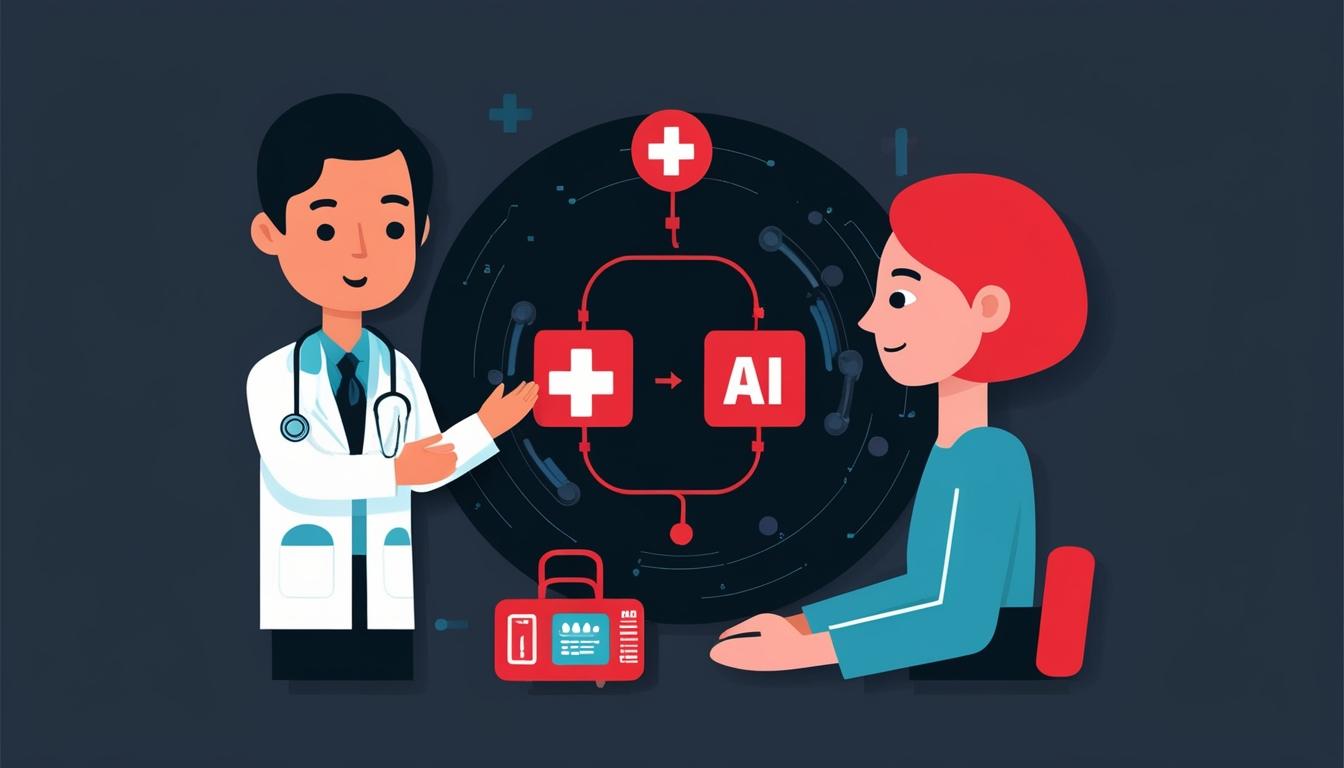In the rapidly evolving landscape of healthcare technology, the integration of artificial intelligence (AI) with human interaction is emerging as a critical factor in improving patient engagement and health outcomes. Chandra Osborn, Chief Behavioral Officer at AdhereHealth, addressed these crucial developments in a recent discussion, highlighting the importance of merging advanced technological capabilities with behavioural science to tackle complex health behaviours.
Osborn underscored that while AI offers valuable tools for analytics, personalised outreach, and automated interventions, these technologies alone cannot fully address the intricate challenges of individual and population health behaviours. Many patients face unique and deeply personal circumstances that influence their engagement with healthcare services. "The potential of technology is maximised when it works in collaboration with human expertise," Osborn noted.
The use of AI can aid in identifying specific patient behaviours and crafting targeted messages. However, Osborn pointed out that algorithms often lack the ability to decode the subtle nuances in a patient's life that could affect their health decisions. For instance, financial hardships or caregiving duties might prevent a patient from responding to reminders about medication adherence, which highlights that while AI can signal non-compliance, it requires human dialogue to examine the underlying issues that contribute to such behaviours.
This perspective reinforces the essential role of personal interactions between healthcare providers and patients. Osborn elaborated that clinicians' insights can bridge the gap between data analysis and heartfelt support, ensuring that patients feel understood and valued. Effective healthcare relies on the human capacity for empathy and understanding, which can further strengthen adherence to treatment plans and other health-related behaviours.
Despite the increasing popularity of "nudges"—subtle prompts designed to influence people's behaviour towards healthier choices—Osborn cautioned that these may not be effective for more complex behaviours. "Nudges are somewhat limited when it comes to behaviours that require overcoming substantial barriers, like managing chronic diseases or medication regimes," she said. Simple reminders may spark action, but they do not grapple with the deeper issues many patients encounter, such as the rising costs of medication or logistical hurdles in accessing necessary treatments.
Looking ahead, the integration of AI with behavioural science presents an opportunity to revolutionise patient care. By leveraging predictive models and personalised interventions, healthcare providers can streamline routine tasks, allowing them to engage more meaningfully with patients. Osborn emphasised that the future of healthcare should marry scalable technology with genuine human connection, thus fostering an environment that promotes lasting health behaviour change and improved outcomes.
Osborn's insights suggest that establishing a collaborative pathway between technological advancements and human experience could lead to a more effective, empathetic healthcare system. As the industry evolves, it must strive to empower patients and ensure that technological solutions are complemented by personal interactions that recognise and respond to the complexities of individual health behaviours.
Source: Noah Wire Services
